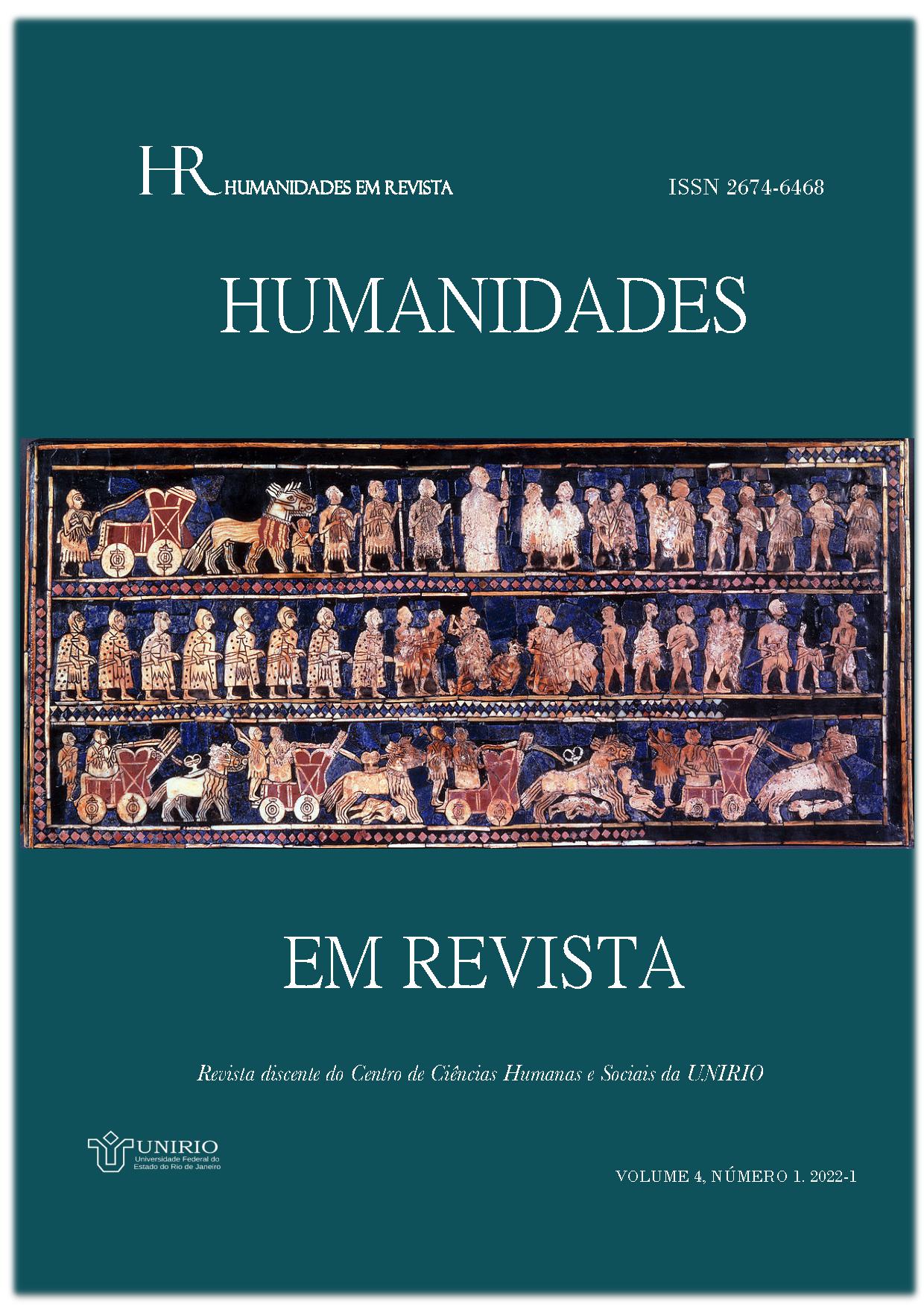Brief history of the governmental law libraries in the 19th century Rio de Janeiro
Keywords:
History of Law Libraries, History of Libraries in the 19th Century, Government Law Libraries, Law Libraries – Brasil, Law Libraries in Rio de JaneiroAbstract
The purpose of this article is to provide a historical overview of the government law libraries created in Rio de Janeiro during the 19th century. To this end, based on the History of Books and Libraries, the methodology used was the analysis of nineteenth-century documentary sources (such as Almanak Laemmert) and legislation of the period that indicated the existence of libraries of this type in legal organizations - both during the imperial period as in the beginning of the republican regime. At the same time, references about specialized libraries, law libraries and the history of law libraries were consulted in order to promote a dialogue with document sources. Through the survey carried out, it was possible to verify the presence of six government law libraries that began their activities during the nineteenth century: the brazilian Chamber of Deputies and the Federal Senate, the Ministry of Justice and the State Court of Justice from Rio de Janeiro (all of them created during the Empire); the Federal Supreme Court and the Federal Court of Accounts (both established in the first years of the Republic).
Downloads
Published
How to Cite
Issue
Section
License
Copyright (c) 2022 Marcelo Domingues

This work is licensed under a Creative Commons Attribution-NonCommercial-NoDerivatives 4.0 International License.
Os direitos autorais de qualquer trabalho publicado na Revista pertencerão aos autores. Não haverá qualquer pagamento pela publicação na Revista e a aceitação dos originais implicará na aceitação das condições descritas nas informações sobre a revista constantes do escopo e de todas as regras apresentadas, assim como o respeito à legislação e às normas vigentes concernentes a publicações. A UNIRIO e seus entes subordinados não se responsabilizarão por quaisquer equívocos, questões e contendas entre autores, participantes e/ou entes institucionais que sobrevenham às publicações. O e-mail do autor será disponibilizado no trabalho.
A revista oferece acesso livre imediato ao seu conteúdo, seguindo o princípio de que disponibilizar gratuitamente o conhecimento científico ao público proporciona maior democratização mundial do conhecimento, sempre dentro dos limites da legislação de direito de autor e de direitos conexos. É adotada a licença Crative Commons do tipo “Atribuição-Não Comercial-Sem Derivações 4.0 Internacional (CC BY-NC-ND 4.0)”, acessível em: https://creativecommons.org/licenses/by-nc-nd/4.0/legalcode.pt , segundo a qual, em linhas gerais, é permitindo fazer o download dos trabalhos e o seu compartilhamento para fins educacionais, desde que sejam atribuídos os créditos a seus autores, citando também o repositório dos trabalhos, e sem que se possa alterar o material de nenhuma forma ou utilizá-lo para fins comerciais.





 Qualis/CAPES 2017- 2020 B4
Qualis/CAPES 2017- 2020 B4 Diretório das revistas científicas eletrônicas brasileiras
Diretório das revistas científicas eletrônicas brasileiras




